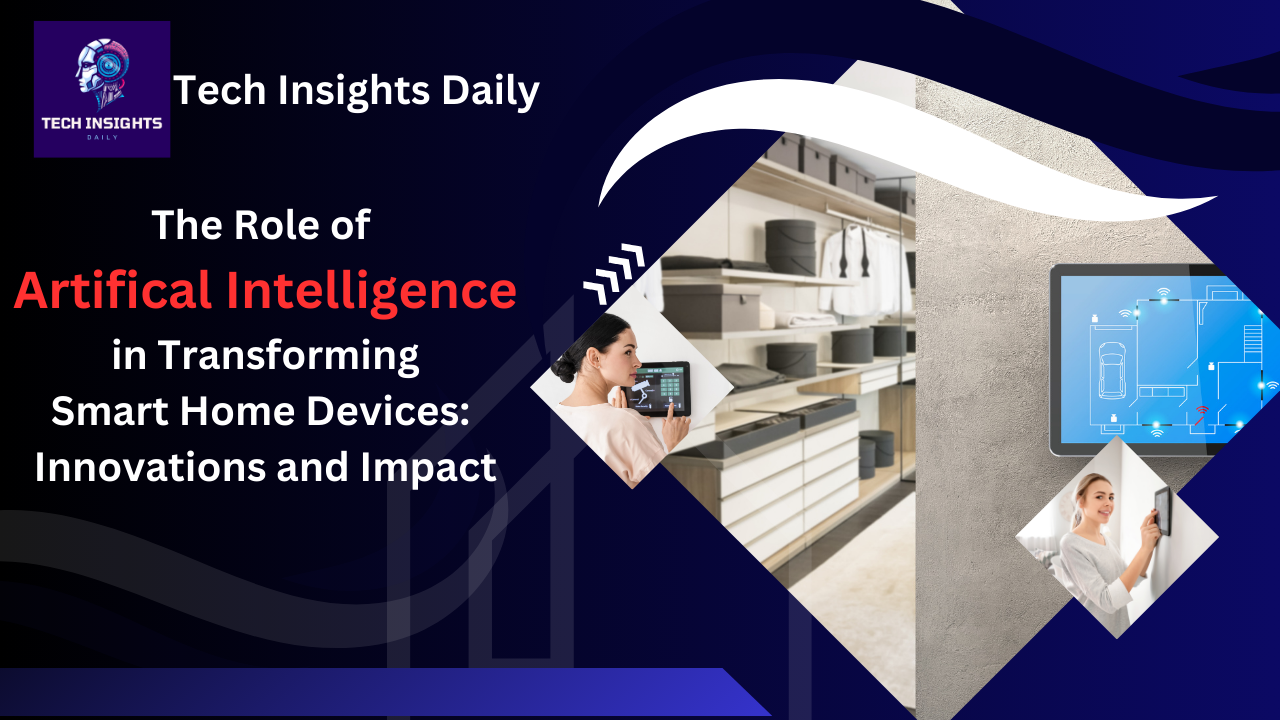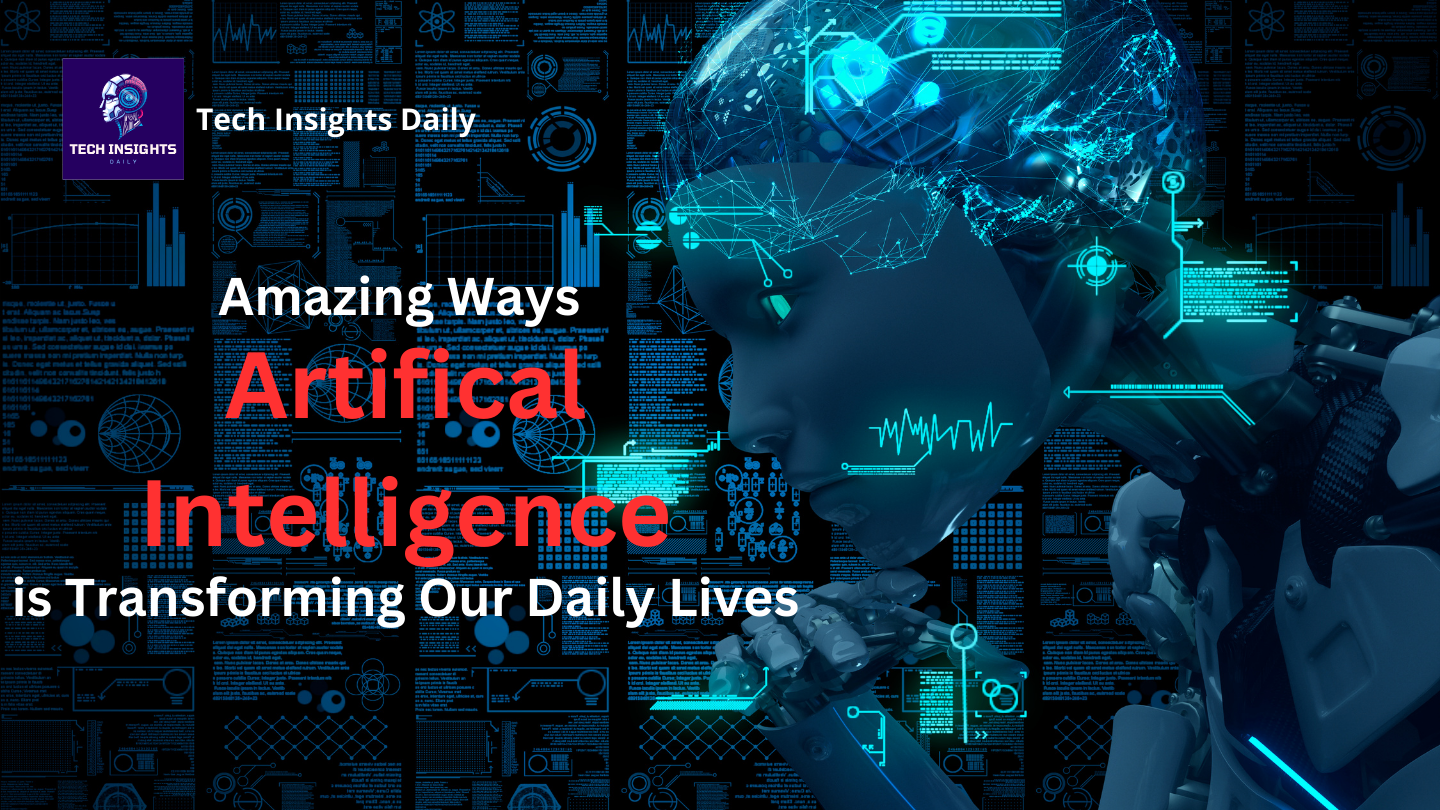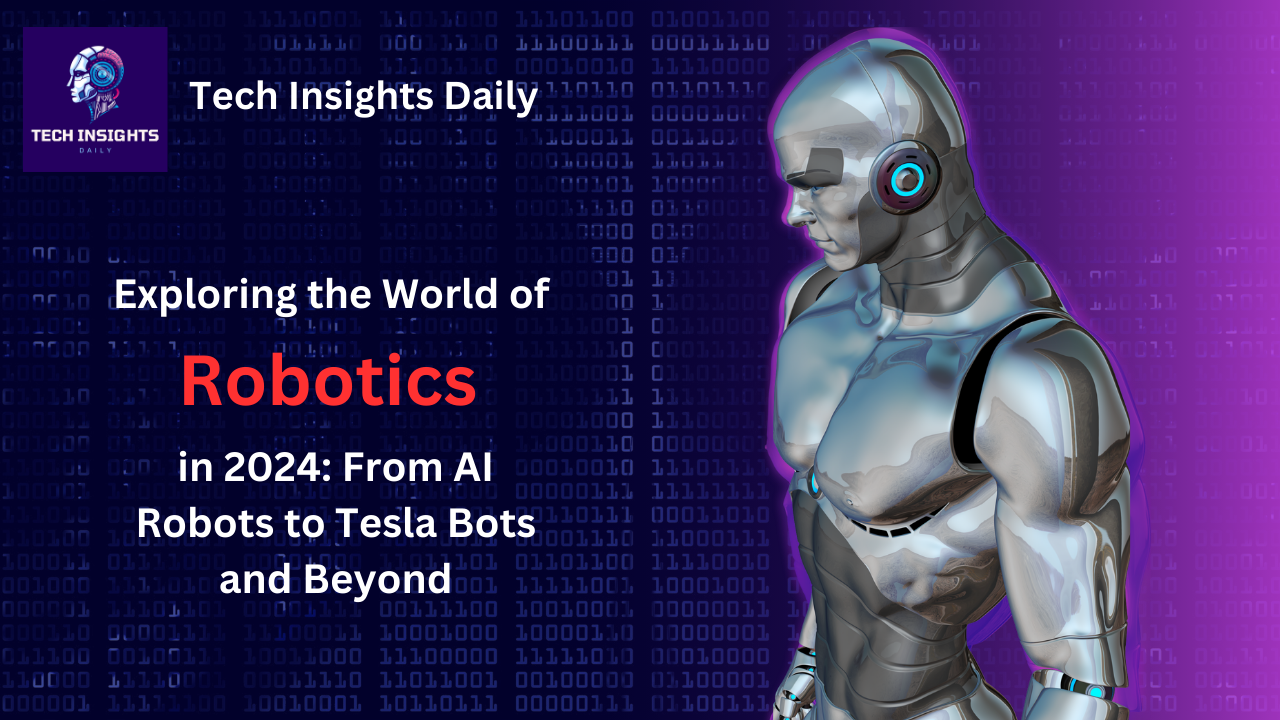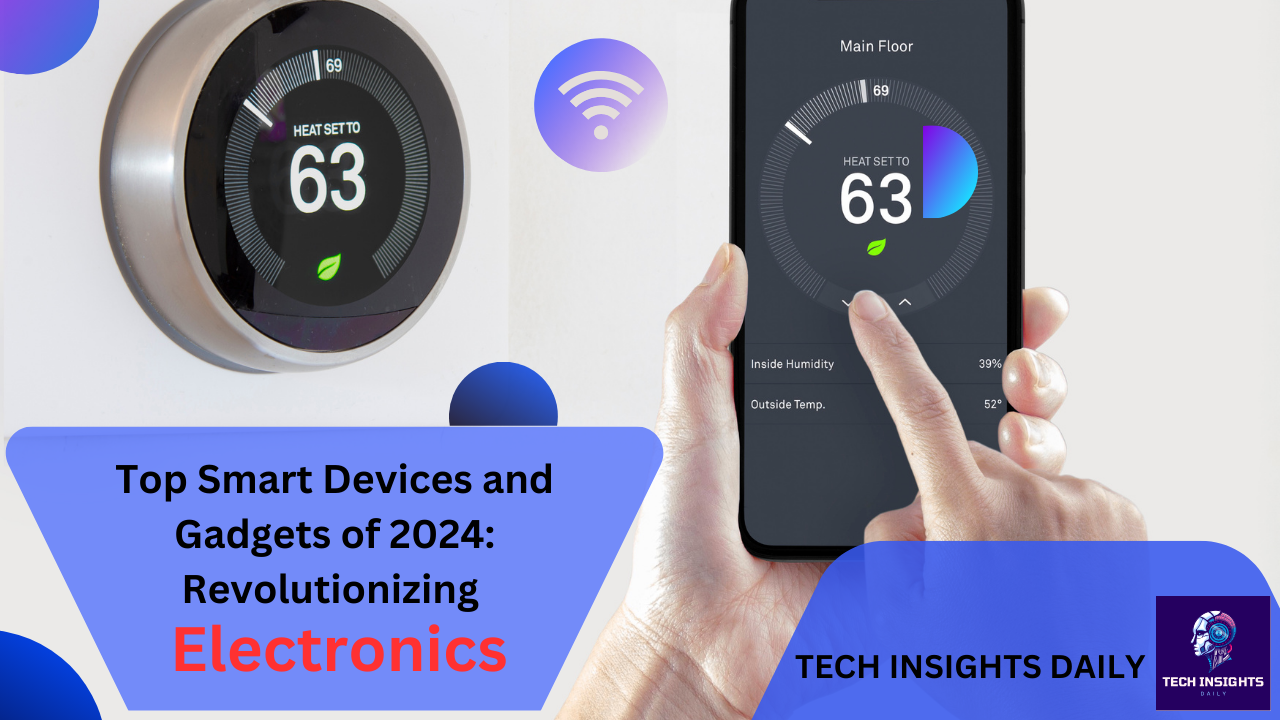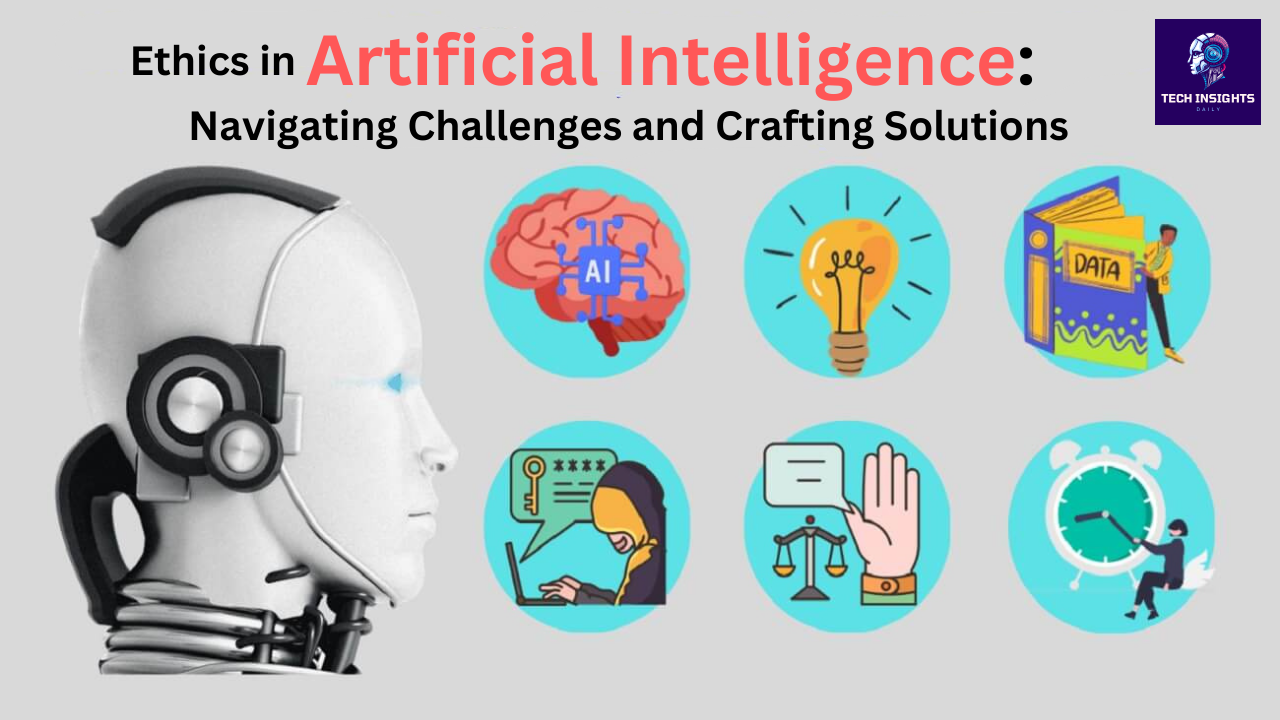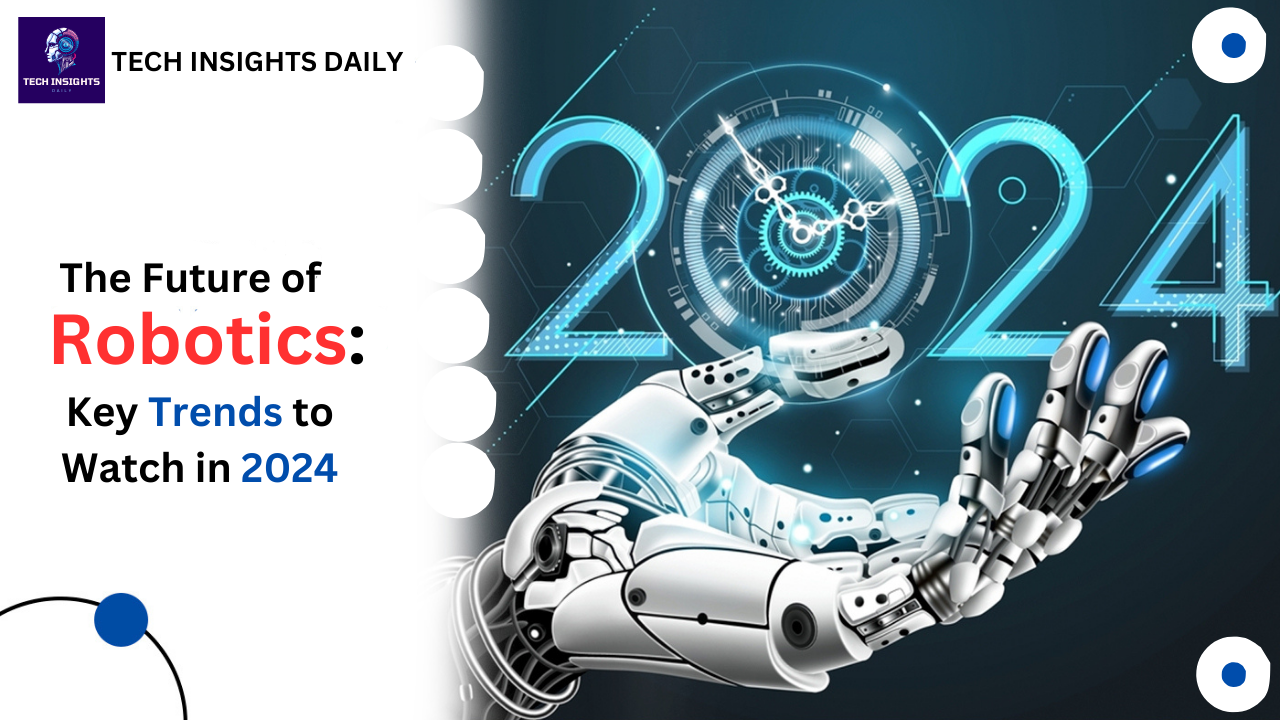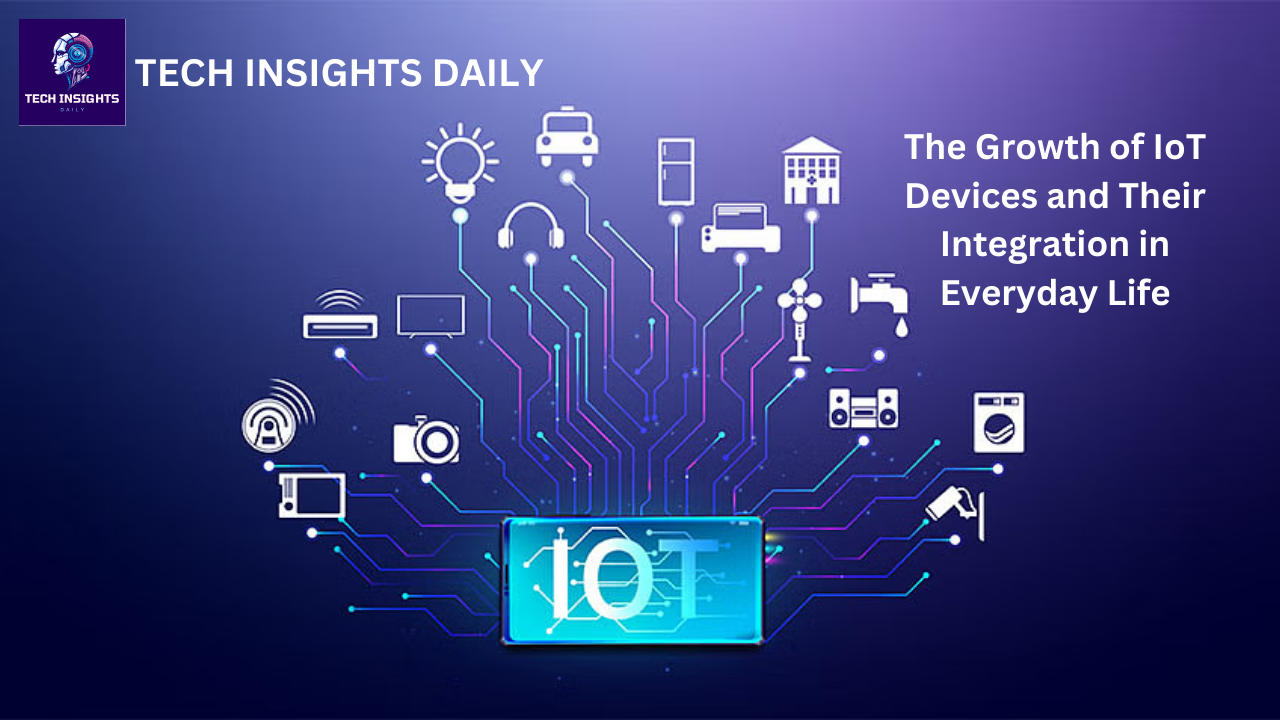AI in Smart Home Devices
Smart home devices install with artificial intelligence to grip machine learning and data analysis to perform their tasks and learn from users. These include smart thermostats, security, lighting and other home gadgets. By griping knowledge of how resources are used by end users, AI can raise the capacity to design these devices for efficient use./p>
Major advances in current smart home system integration of artificial intelligence
AI Thermostats:
Example: Nest thermostats
Functionality: Smart thermostats like the Nest Thermostat adjust to your temperature liking as well as plan to determine the best time to heat or cool. They can even sense your non-attendance from home to control the temperature with minimal energy utilize and at the same time cut costs.
Voice Assistants:
Examples: Echo Dot, Google Home
Functionality: These artificially intelligent agents can control smart home devices like lights, temperature, etc. with the help of voice commands. Some of them are connected to lighting systems, security systems and even kitchens that enable users to control their home without visibly getting up.
Smart Security Systems:
Examples: Ring, Nest Secure
Functionality: Smart home security systems may be able to differentiate between normal and dangerous behavior. These incorporate facial recognition as well as motion detection feature to alert owners of any malicious activities, thus increase security.
AI-powered lighting:
Example: Philips Hue Smart Bulbs are a type of smart bulb.
Functionality: These bulbs are such that its light power and its color are autonomous depending on the user and plan. Through these, it is possible to create the mirage that you are at home when you are not by merge AI to help enhance home security.
Implications of home automation using artificial intelligence
Implementation of smart home devices using AI increases its effectiveness, efficiency and security measures. Here are some important effects:
Energy Efficiency:
Smart devices that are connected to AI rely on logic to learn consumer habits and then adjust energy consumption. This results in one of the main goals of energy management: reducing energy costs.
Improved security:
Advanced security systems apply through artificial intelligence enable the home owner to monitor the security status of the homes and receive quick alerts in case of any insecurity threat. The addition of facial recognition and analytics to offer an extra layer of security is quite tempting.
Convenience and comfort:
AI can control all devices in the smart home environment to make the stay comfortable. Smart systems such as voice-activated assistants, individually controlled lights and other climate control systems help make a system experience painless.
Personalization:
AI technology alter smart home devices in a way that makes using the appliance enjoyable for the user. In the long run, devices come closer to meeting customer belief, a factor that increases satisfaction.
Result
AI is one of the leading technologies transform smart devices and homes, making them smarter, more efficient and safer. AI technologies are now always evolving, which means that there will be even more brilliant inventions of intelligent automation systems in the future. Over the years, the concept of smarter homes has advanced which means more convenience and customization due to advancements in AI. Immerse yourself in a smart home, and introduce integrated AI technology into your home for a complete revolutionary change.
